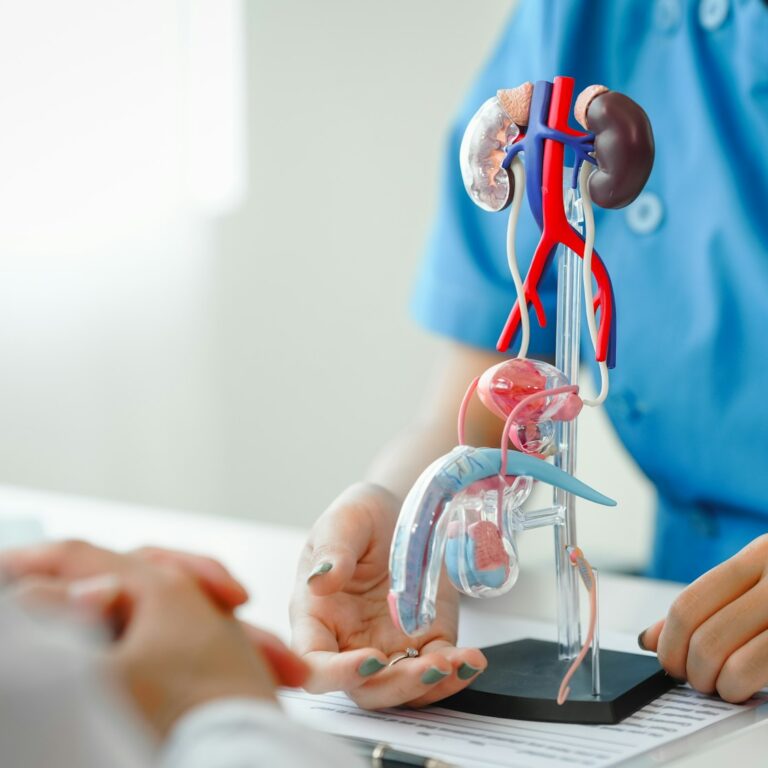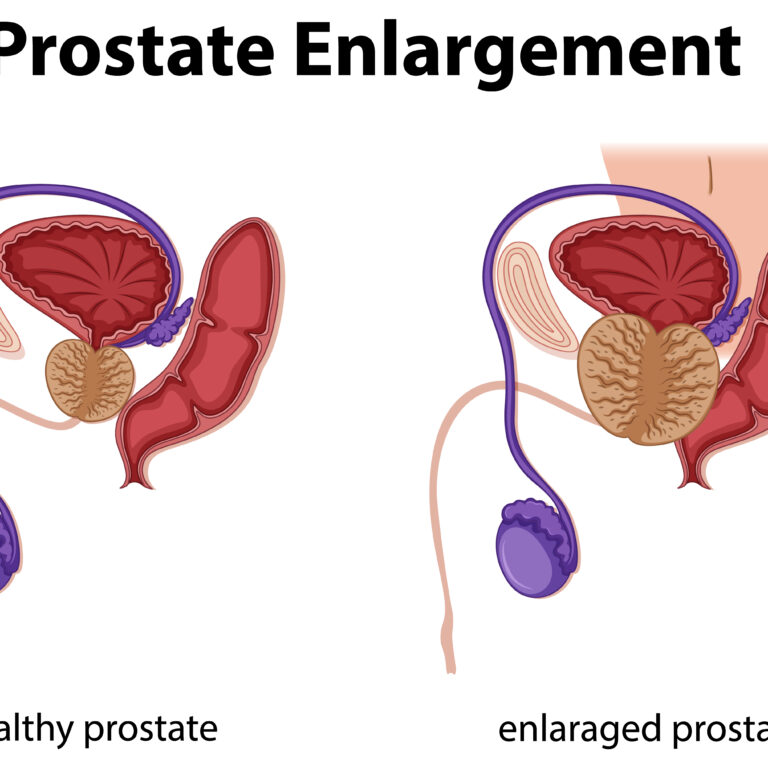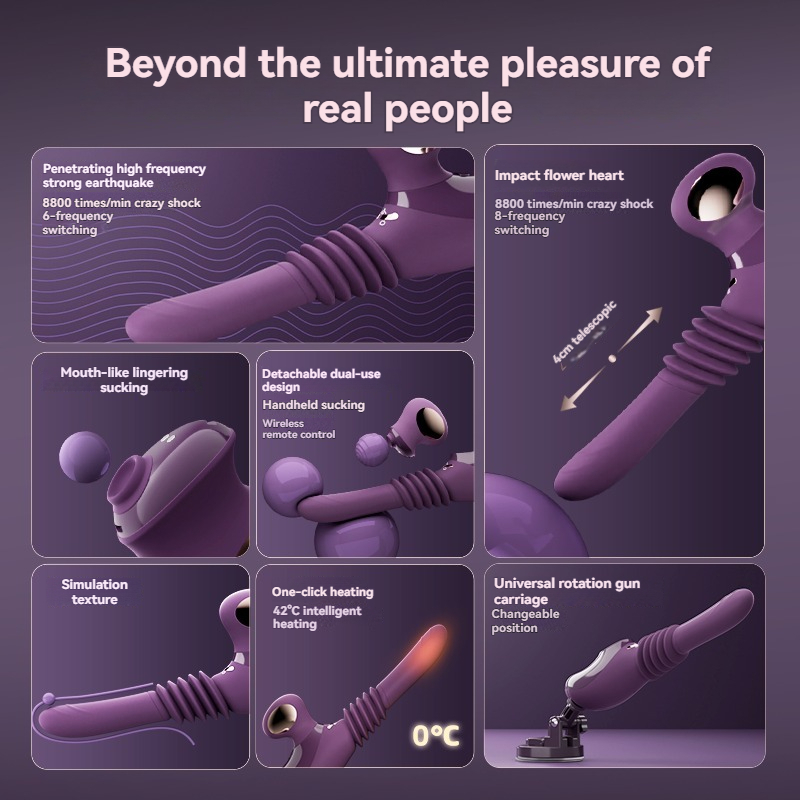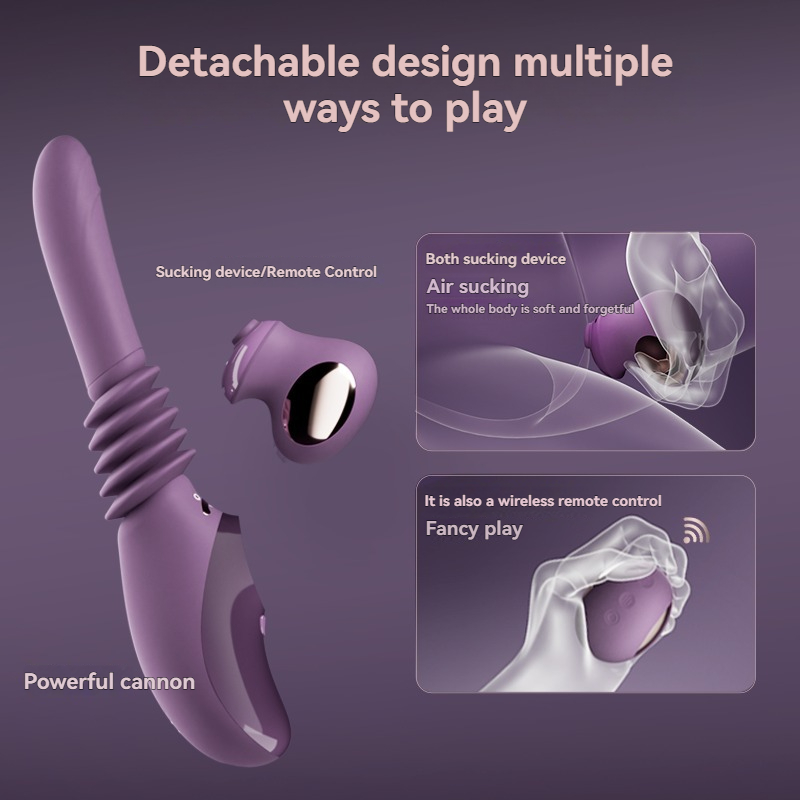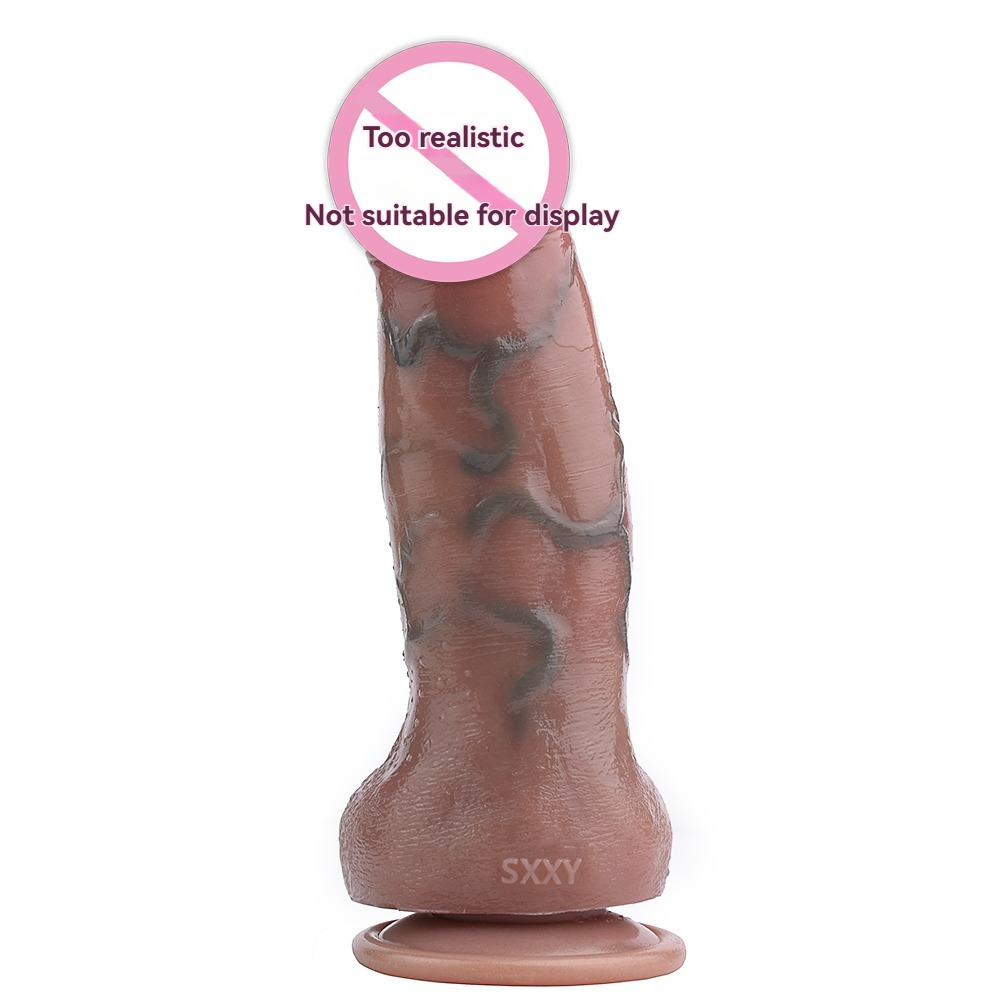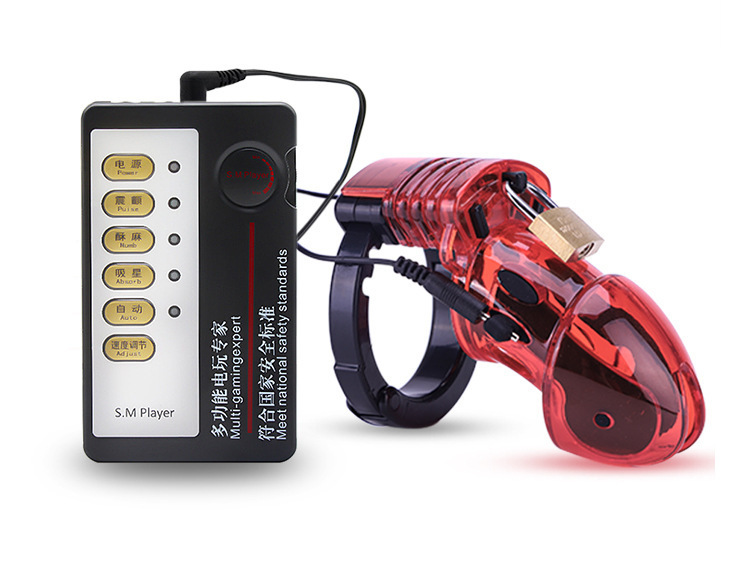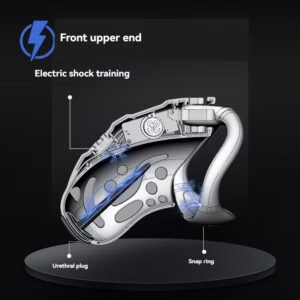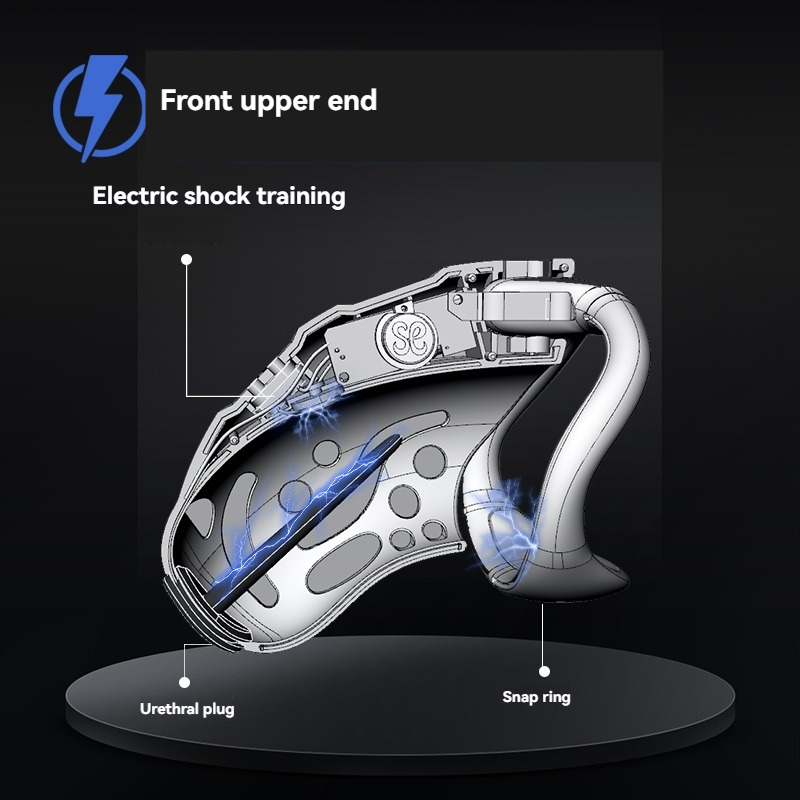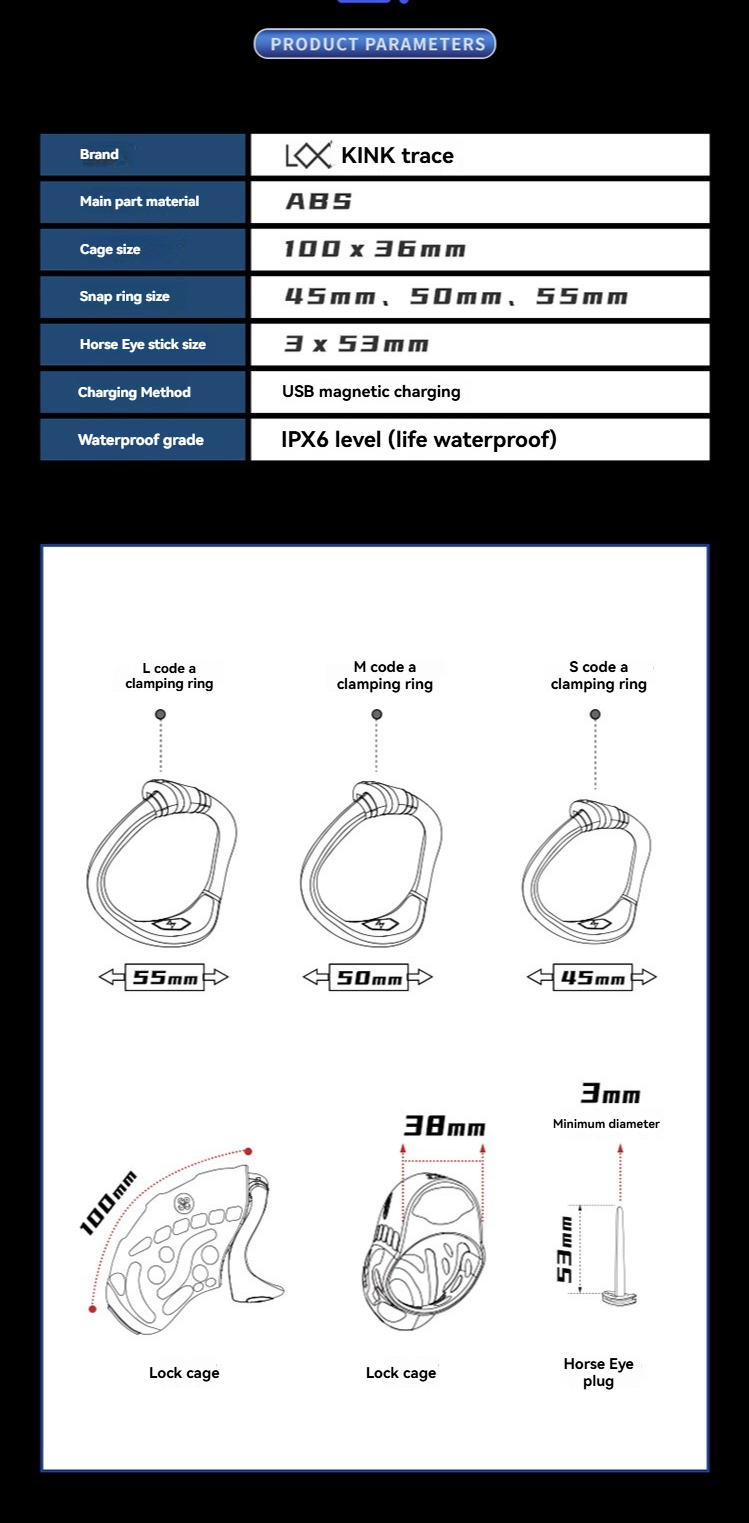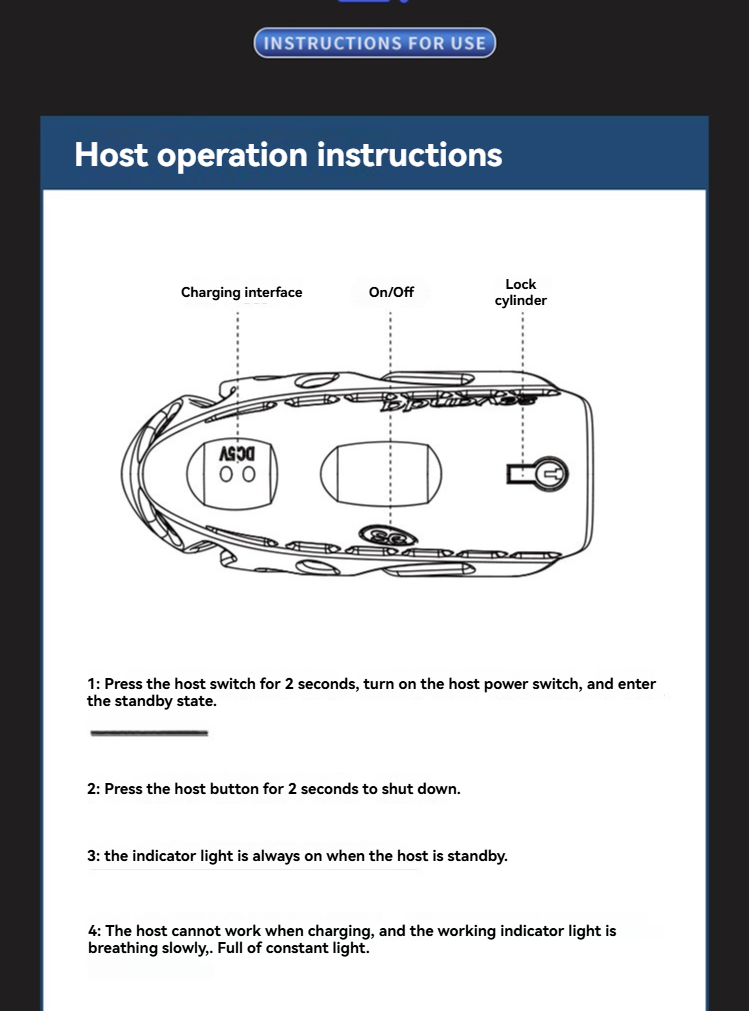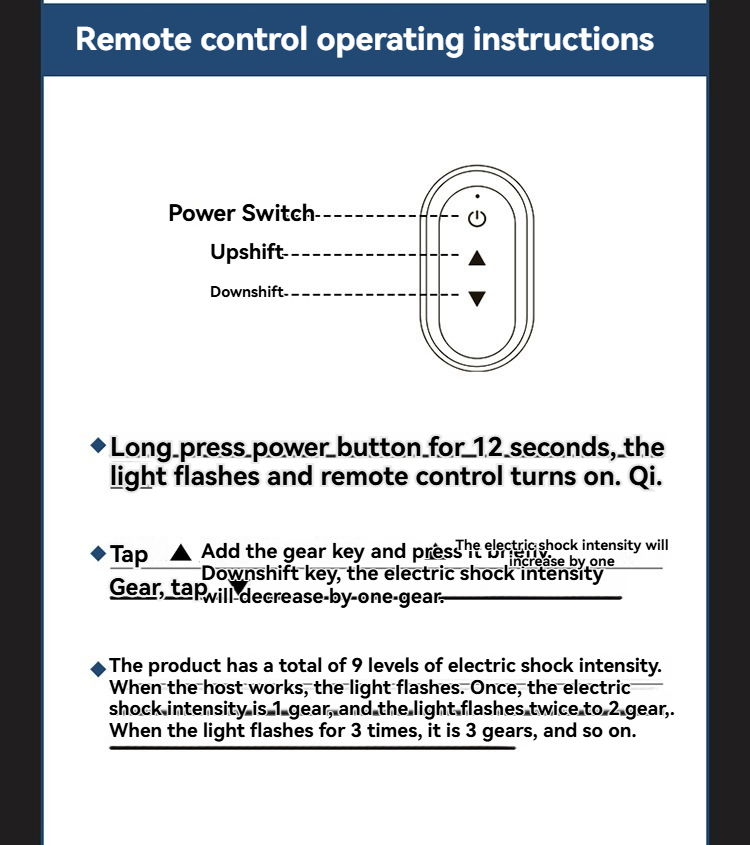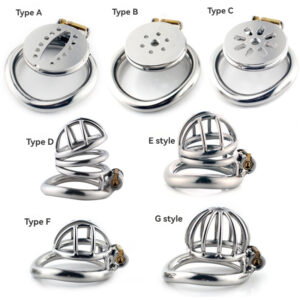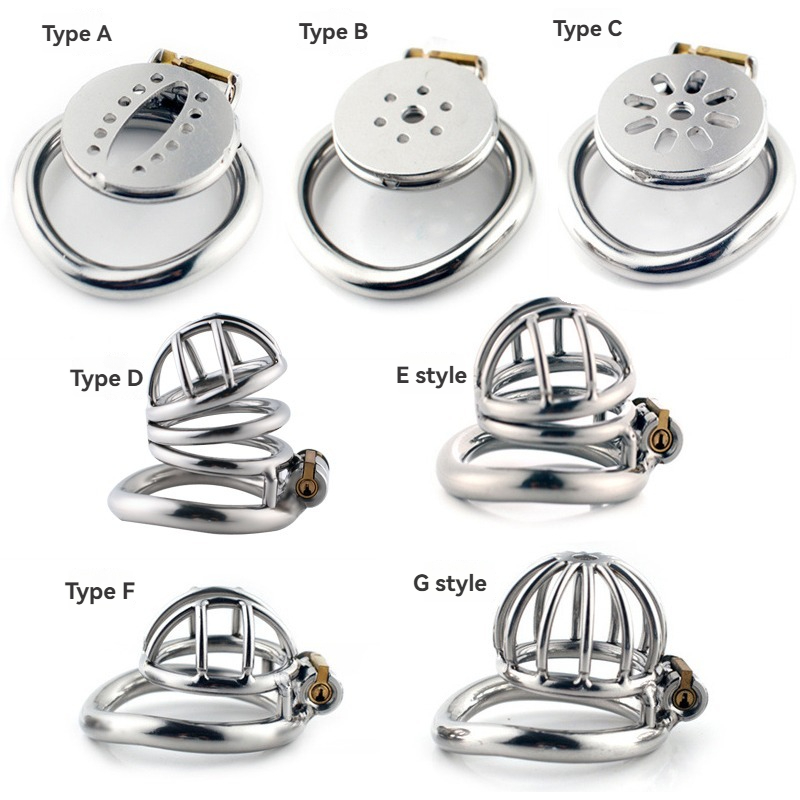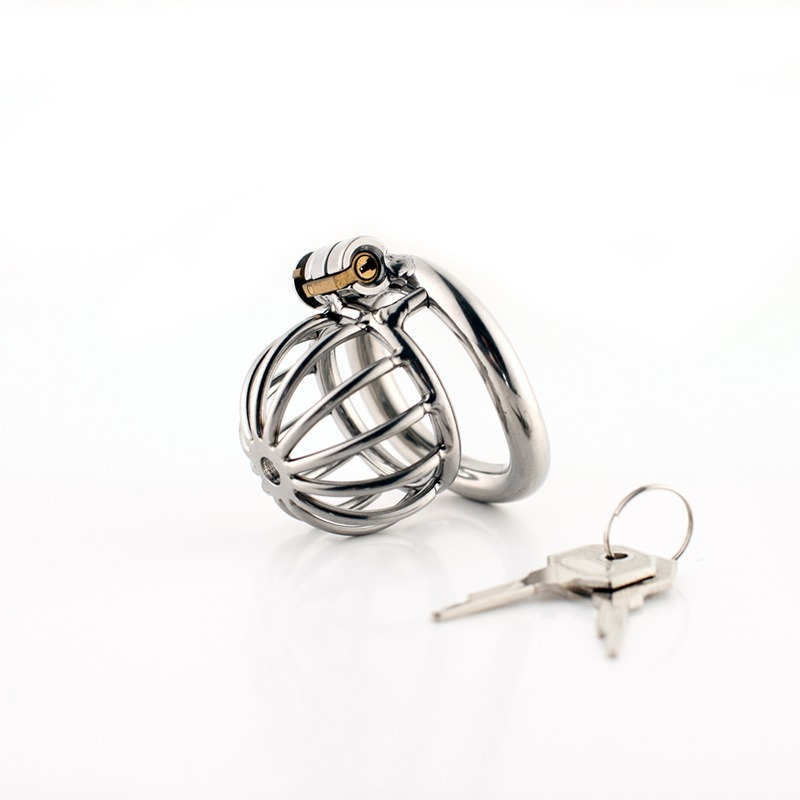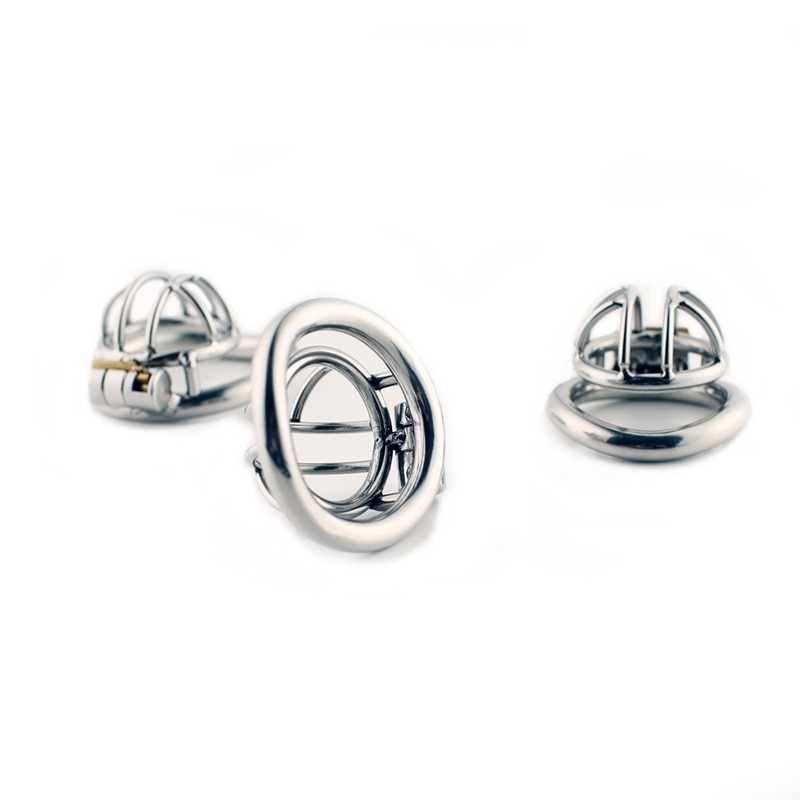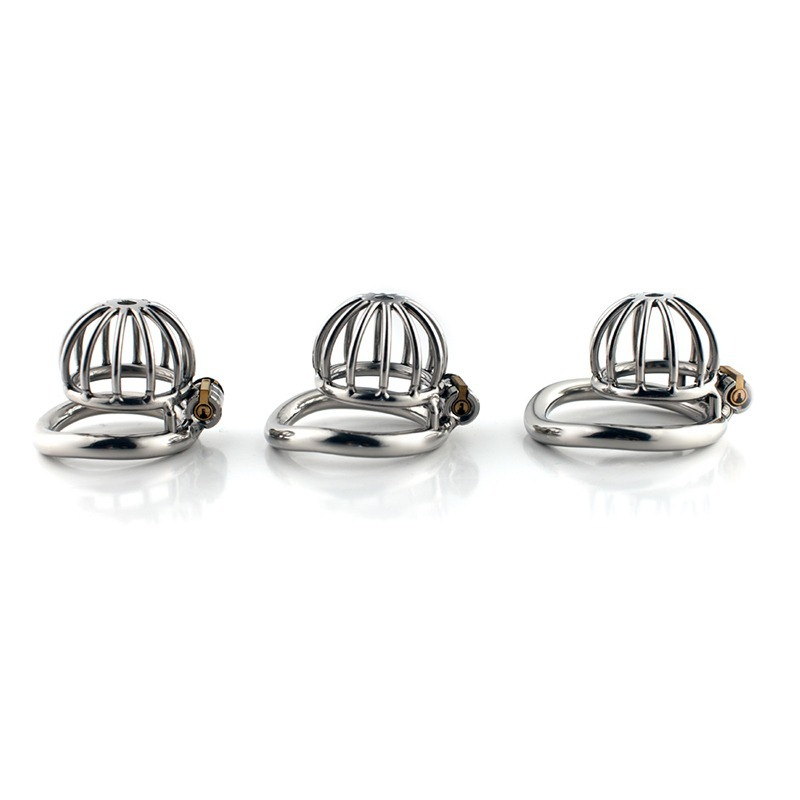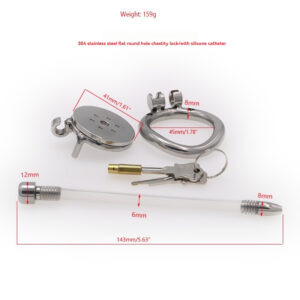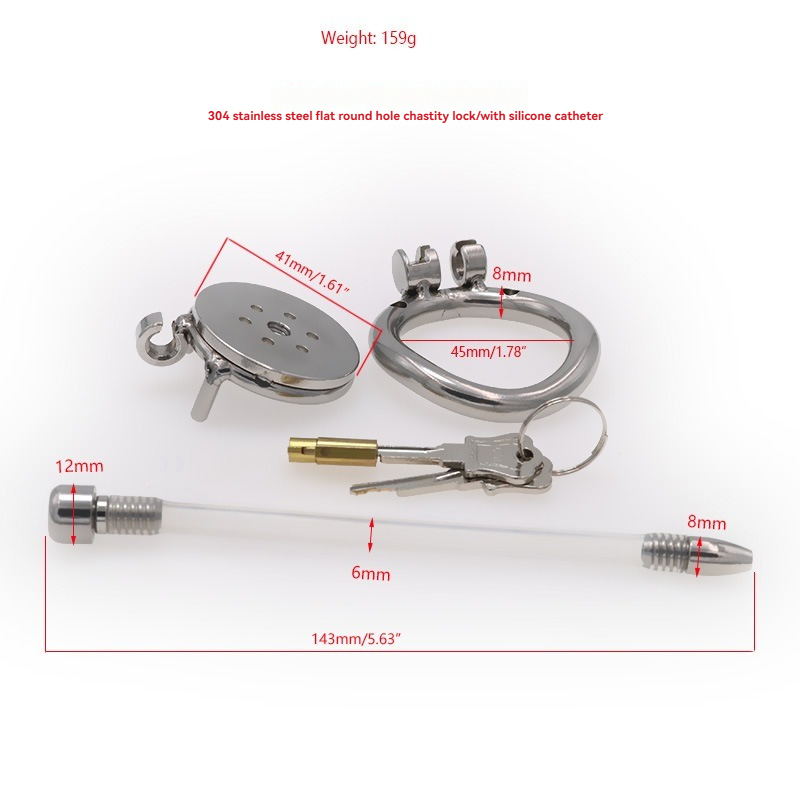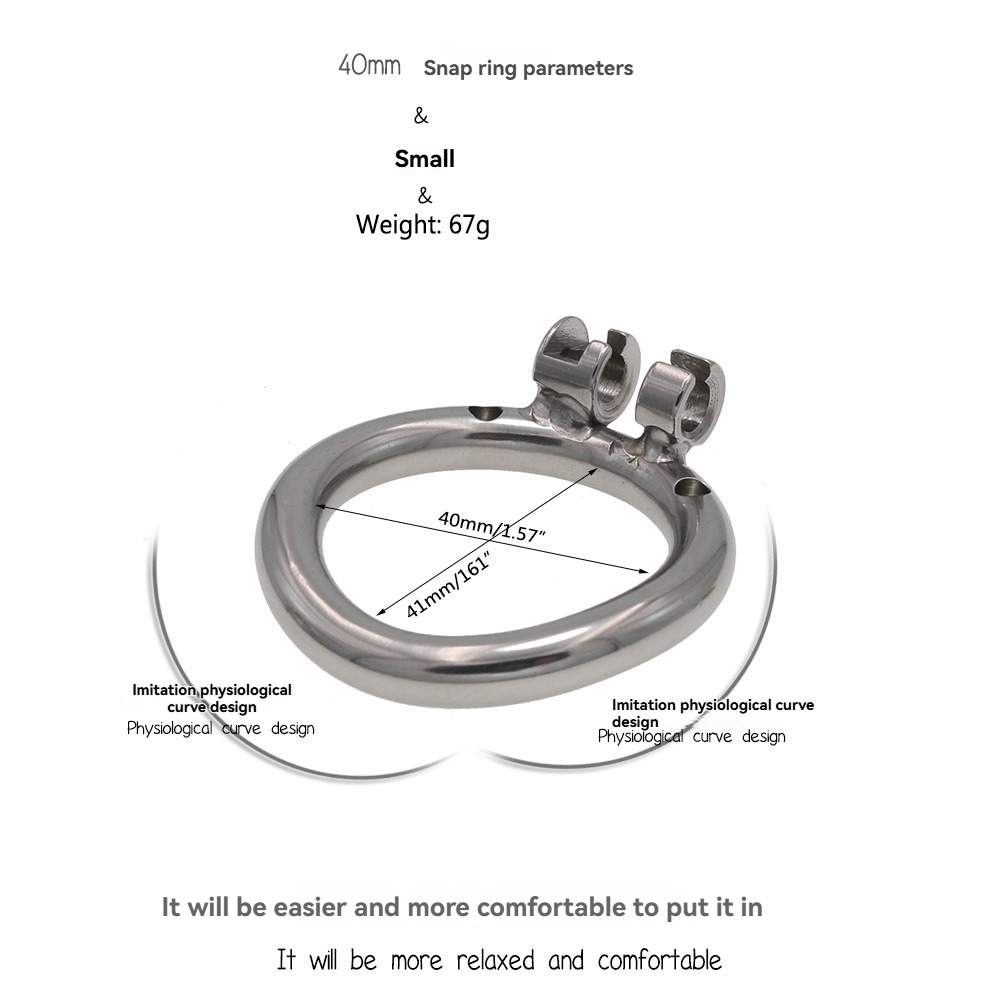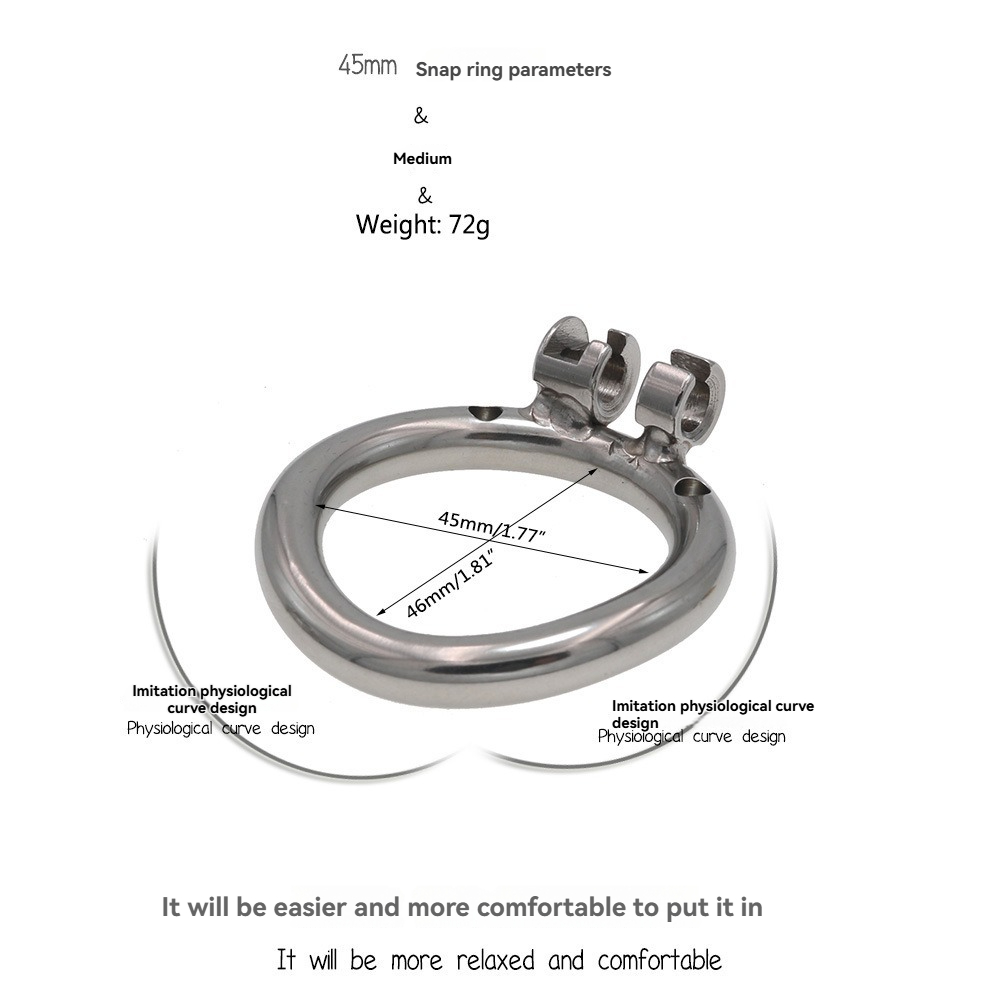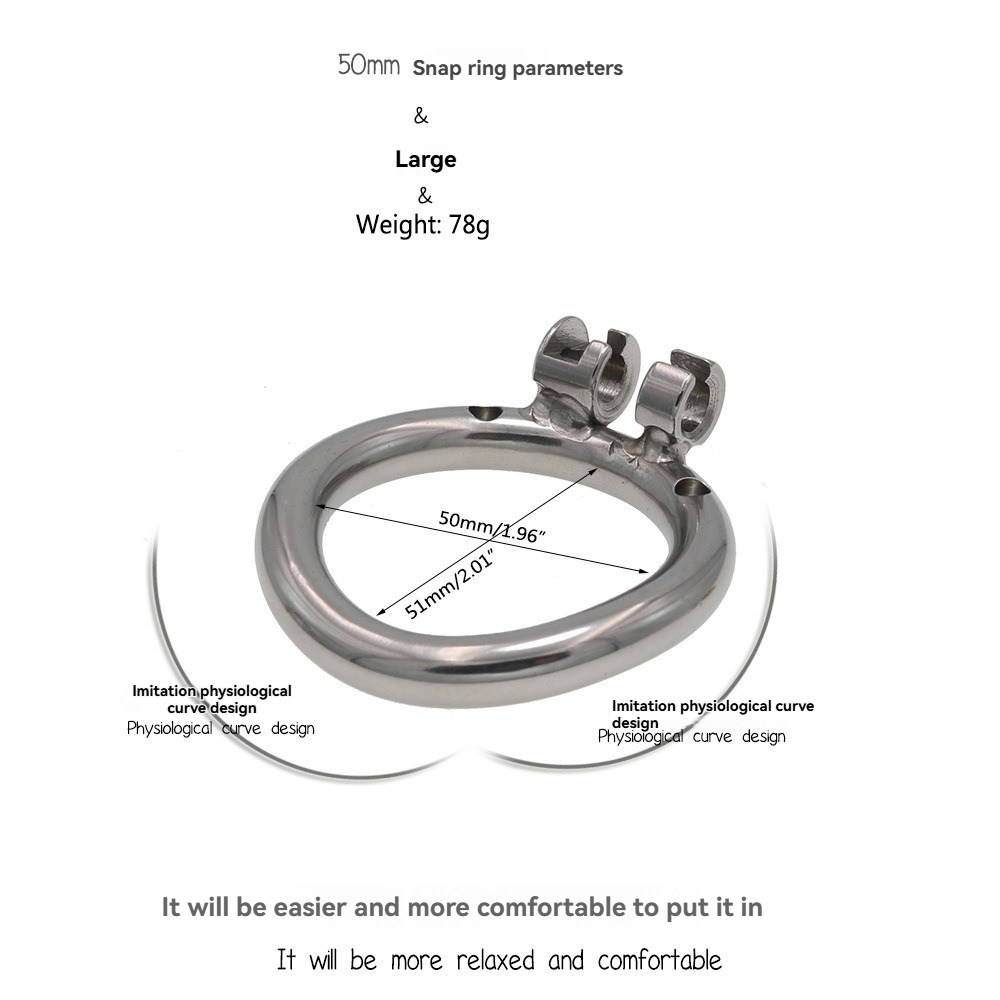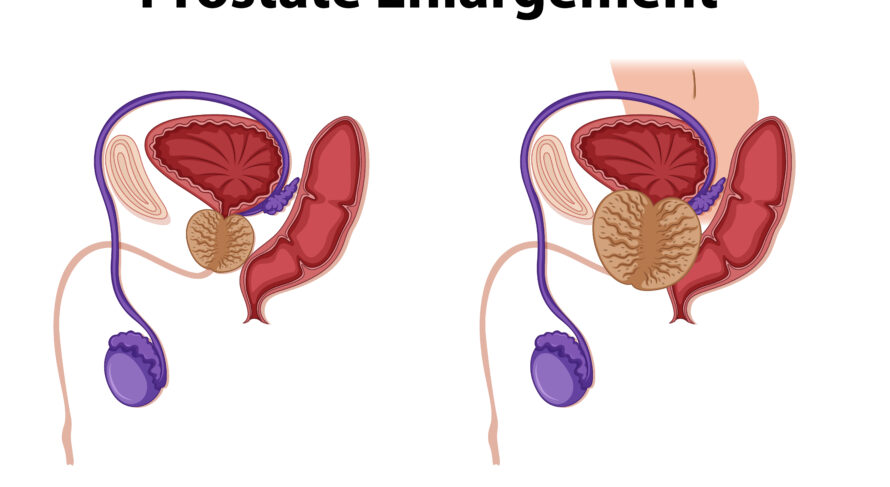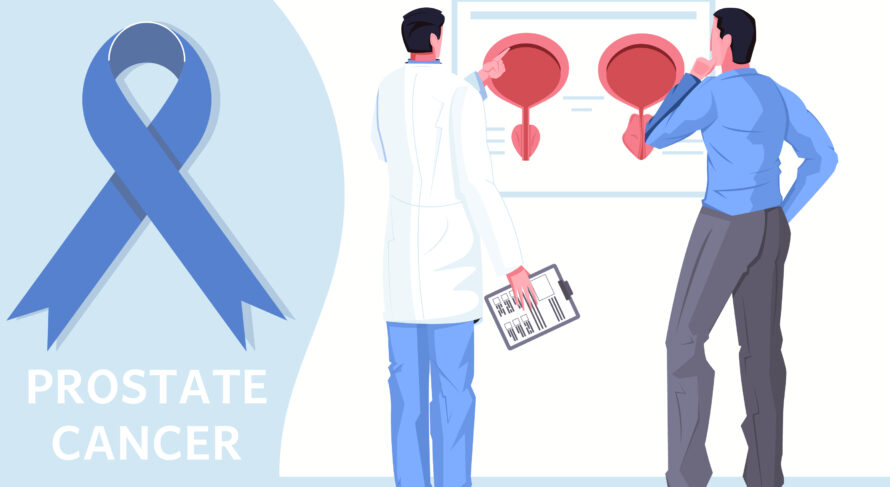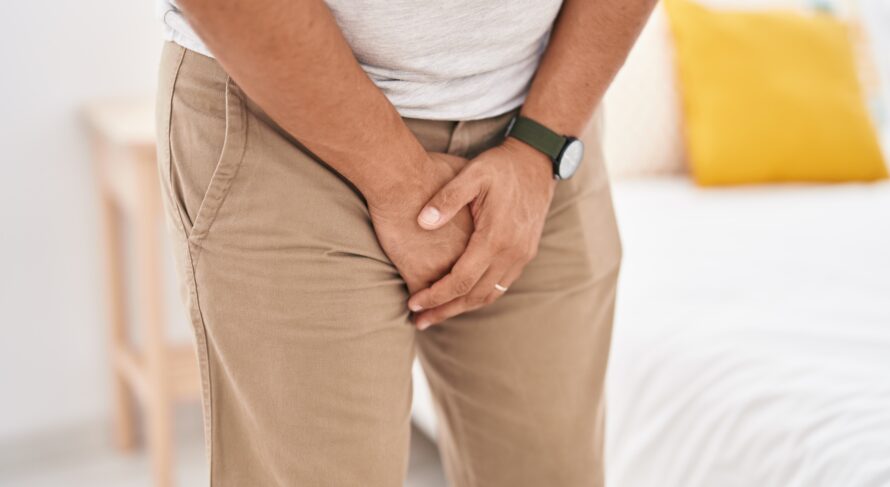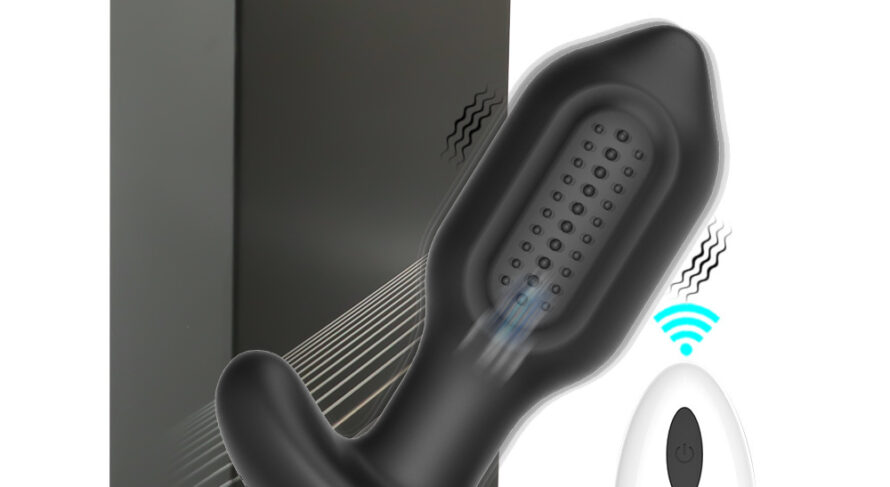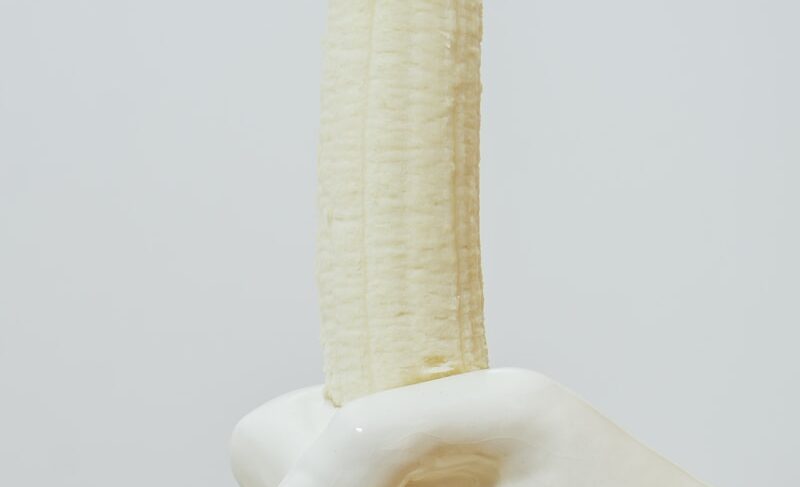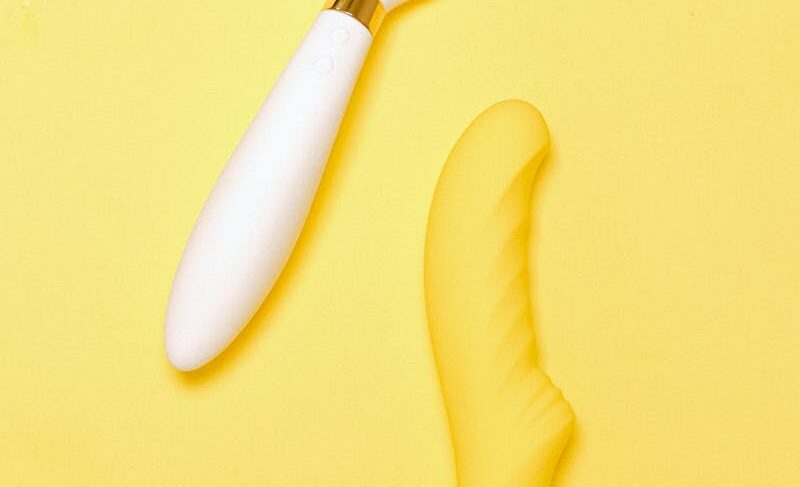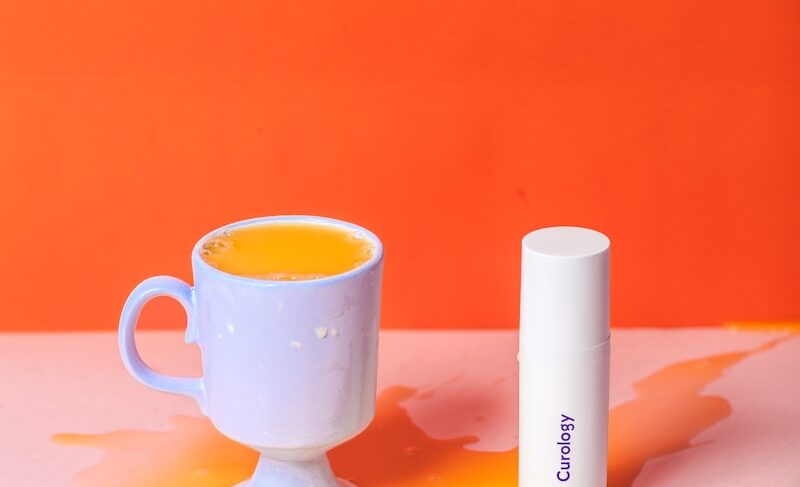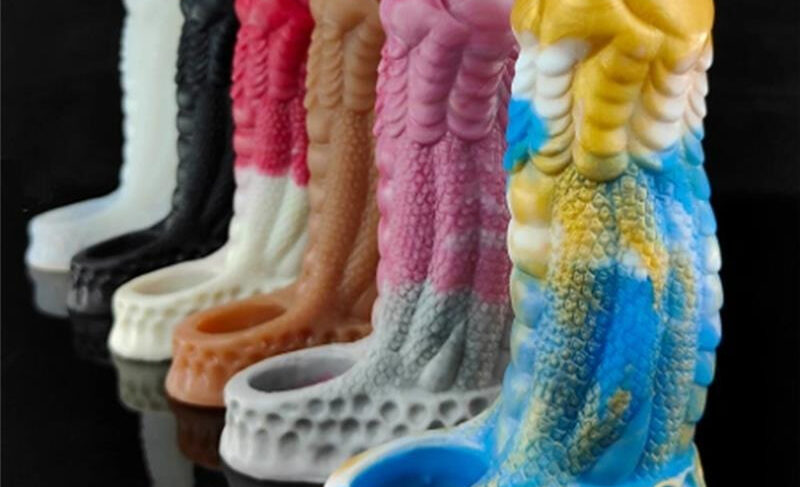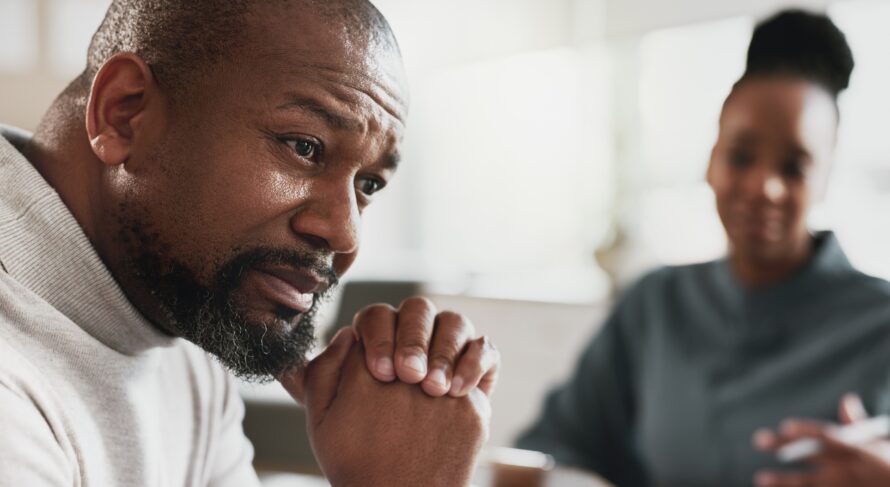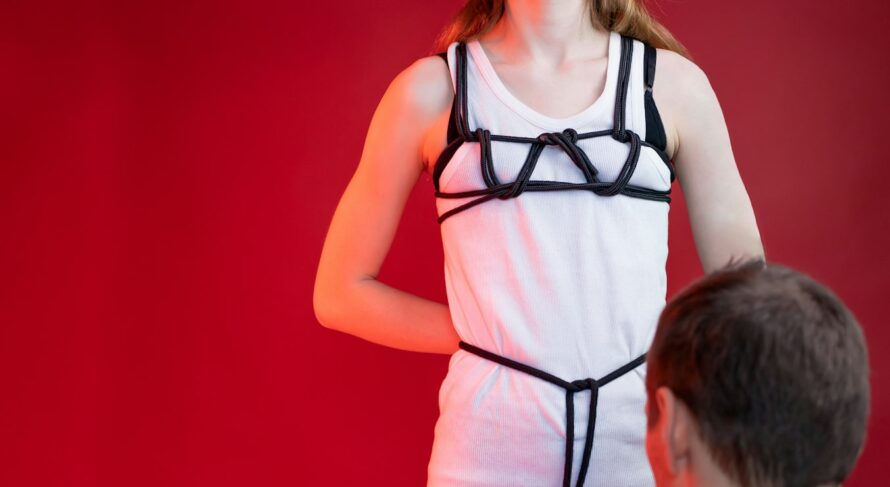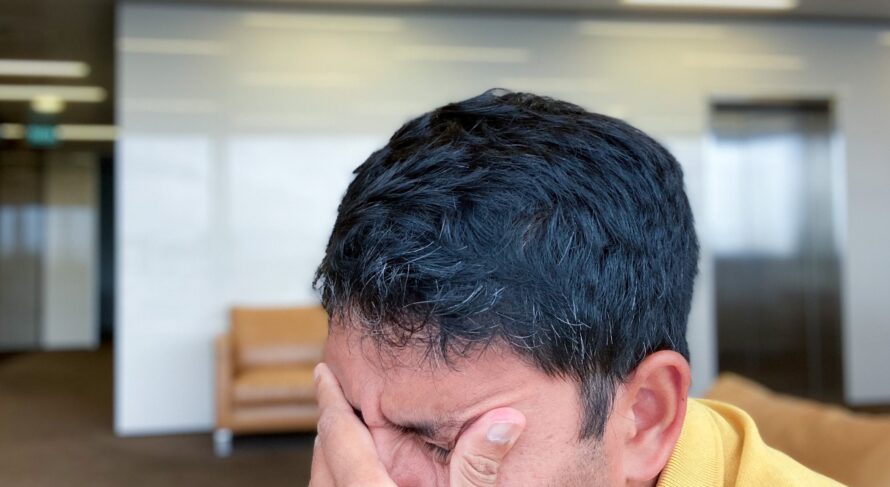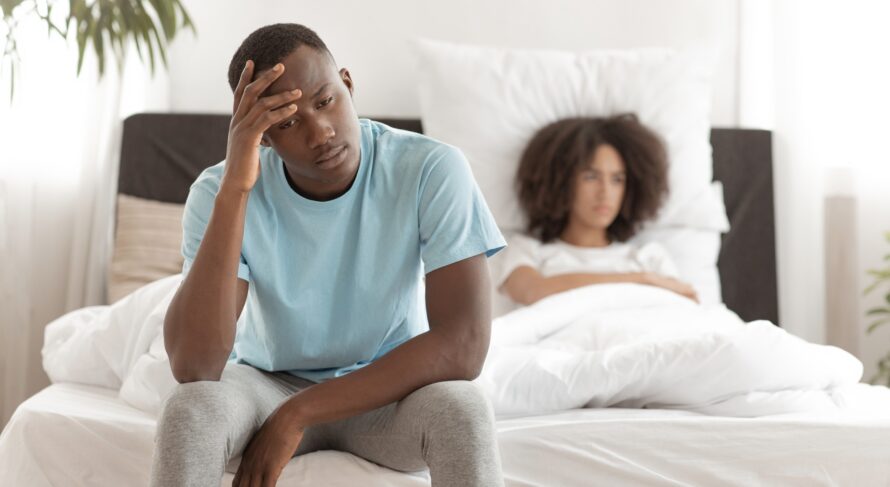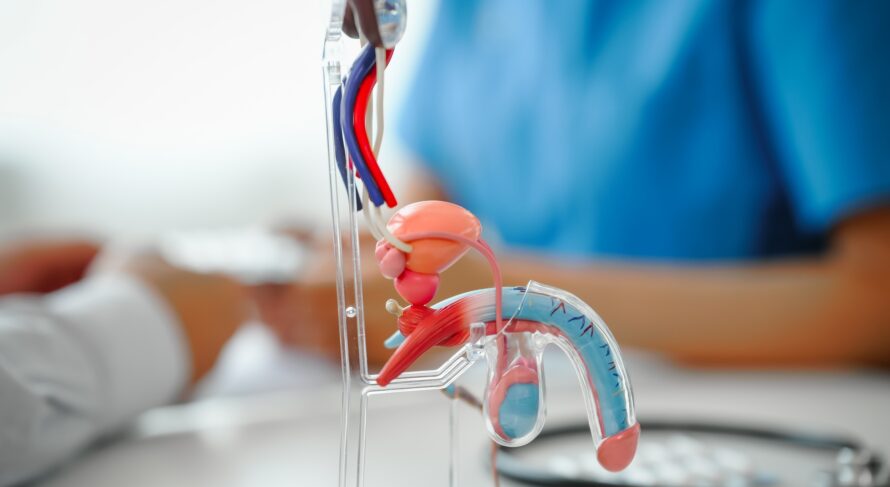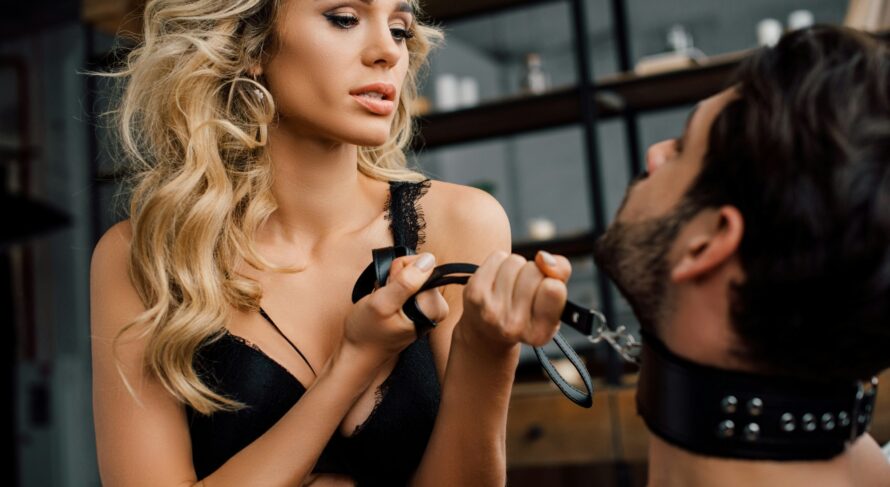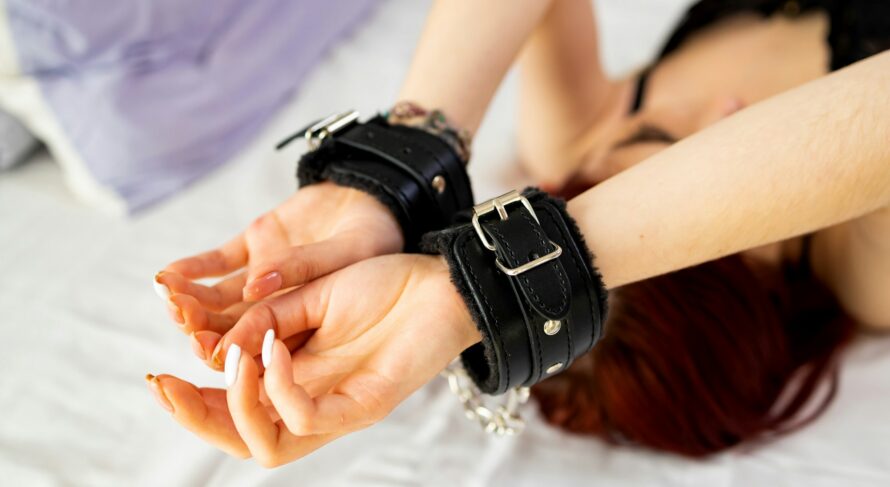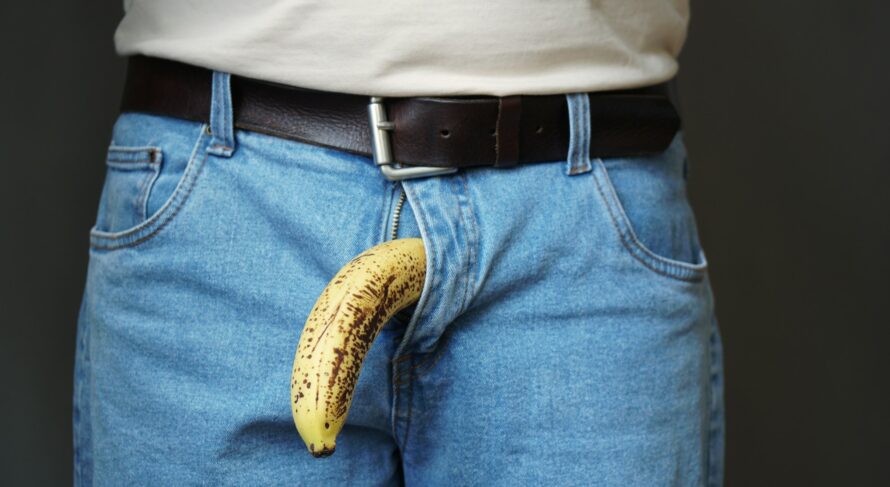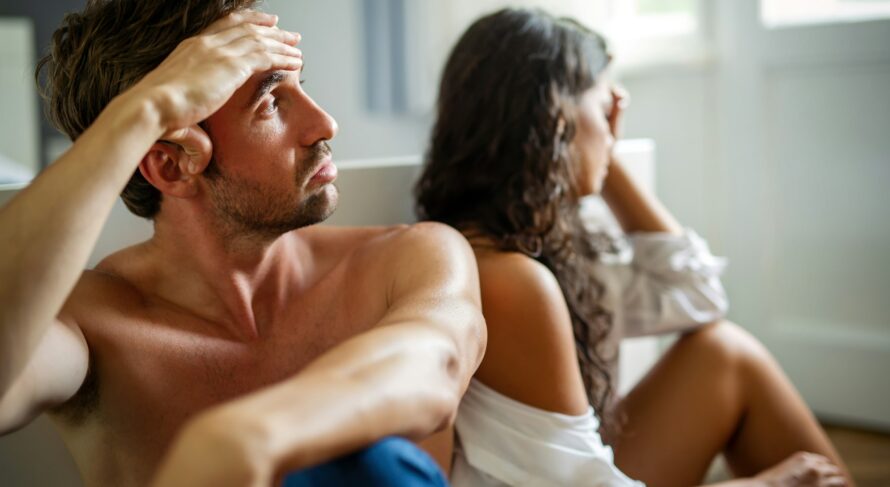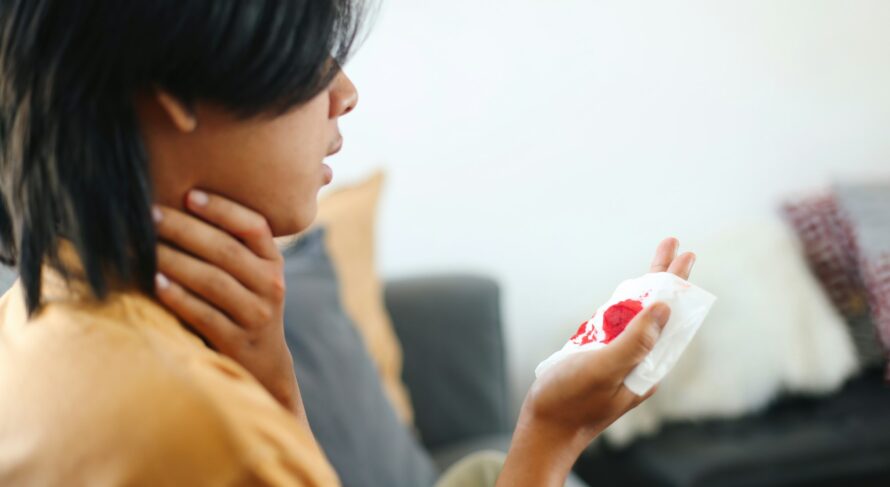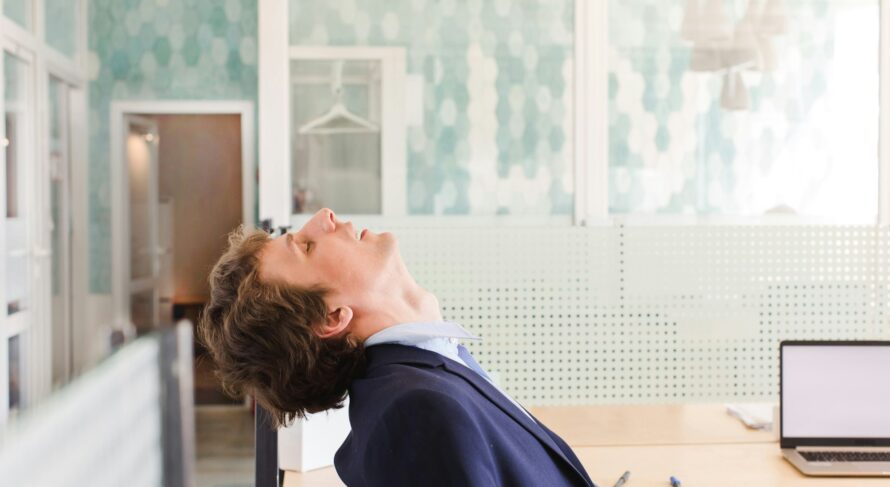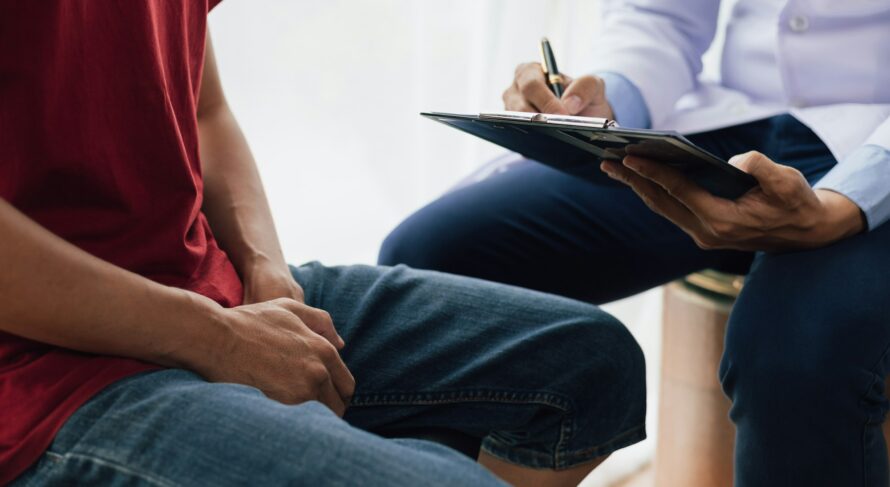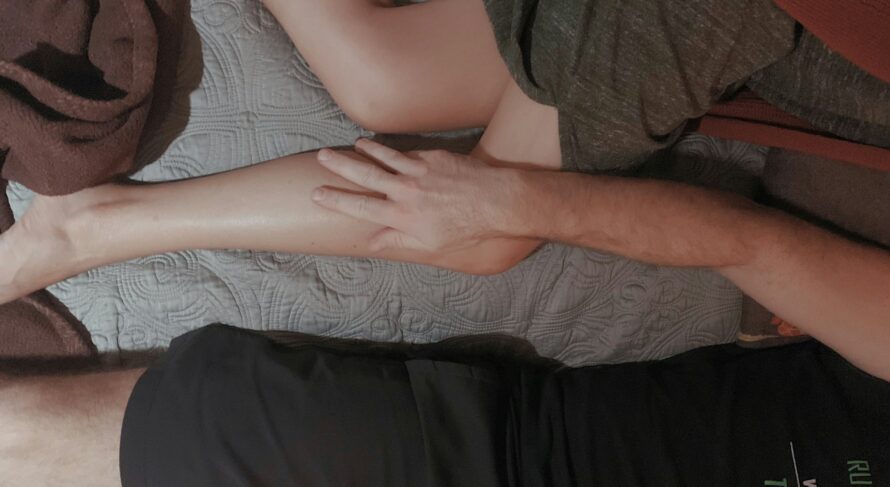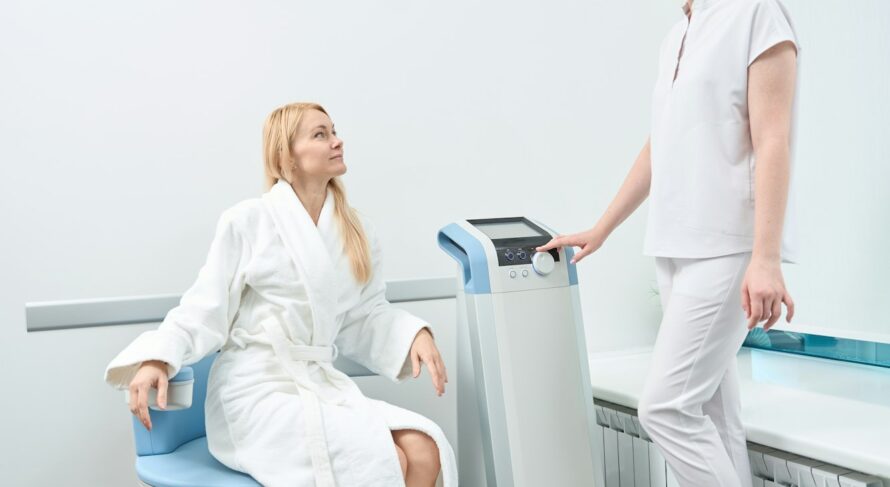Building Confidence: Practical Techniques to Overcome Performance Anxiety in Men
Key Takeaways-Building Confidence
- Holistic Approach: Overcoming performance anxiety in men requires a multifaceted strategy that includes psychological techniques, lifestyle changes, and supportive tools.
- Cognitive Behavioral Techniques: Techniques such as cognitive restructuring and exposure therapy are effective in addressing negative thought patterns and reducing anxiety.
- Mindfulness and Relaxation: Practices like mindfulness meditation, deep breathing, and progressive muscle relaxation help manage stress and maintain focus during intimate moments.
- Physical Health: Regular exercise, a balanced diet, and adequate sleep contribute significantly to overall confidence and anxiety reduction.
- Sexual Wellness Tools: Incorporating sex toys from SexToyForYou.com can enhance intimacy, reduce performance pressure, and foster a more relaxed sexual environment.
- Professional Support: Seeking therapy or counseling provides structured support and personalized strategies to overcome performance anxiety.
- Positive Communication: Open and honest communication with partners strengthens relationships and reduces misunderstandings that may contribute to anxiety.
Table of Contents
- Introduction
- Understanding Performance Anxiety in Men
- Building Confidence: Practical Techniques
- Case Studies
- Statistics on Performance Anxiety and Confidence Building
- Visual Comparison: Techniques for Building Confidence
- Integrating Techniques for Maximum Effect
- Practical Steps to Overcome Performance Anxiety
- FAQ
- 1. What Are the Most Effective Techniques for Overcoming Performance Anxiety?
- 2. How Long Does It Take to Overcome Performance Anxiety?
- 3. Can Lifestyle Changes Alone Manage Performance Anxiety?
- 4. How Do Sex Toys Help in Building Confidence?
- 5. When Should I Seek Professional Help for Performance Anxiety?
- Conclusion
- References
Introduction
Performance anxiety in men, particularly in the context of sexual activity, is a common and often distressing issue that can significantly impact mental health, self-esteem, and intimate relationships. Building confidence to overcome this anxiety is essential for achieving a fulfilling and satisfying sexual life. While traditional methods such as therapy and counseling are effective, incorporating practical techniques and supportive tools can enhance the journey toward confidence and anxiety reduction.
At SexToyForYou.com, we understand the multifaceted nature of performance anxiety and the importance of a comprehensive approach to overcoming it. This comprehensive guide explores practical techniques to build confidence, reduce anxiety, and foster a more satisfying intimate life. By integrating psychological strategies, lifestyle changes, and sexual wellness tools, men can effectively manage performance anxiety and enhance their overall well-being.
Understanding Performance Anxiety in Men
Performance anxiety, often referred to as “erectile anxiety” or “sexual performance anxiety,” is the persistent fear or worry about one’s ability to perform sexually. This anxiety can manifest in various ways, including difficulty achieving or maintaining an erection, premature ejaculation, or an overall diminished sexual experience. Unlike general anxiety, performance anxiety is specifically tied to sexual performance and can create a self-reinforcing cycle where fear of poor performance leads to actual performance issues, further exacerbating the anxiety (Baumeister, 2015).
Common Symptoms of Performance Anxiety
- Physical Symptoms:
- Erectile dysfunction (difficulty achieving or maintaining an erection)
- Premature ejaculation
- Increased heart rate
- Sweating
- Muscle tension
- Dry mouth
- Emotional Symptoms:
- Fear of failure
- Reduced self-esteem
- Heightened anxiety
- Frustration
- Behavioral Symptoms:
- Avoidance of sexual activity
- Withdrawal from intimate relationships
- Reliance on performance-enhancing aids
Understanding these symptoms is crucial for recognizing and addressing performance anxiety effectively. Addressing performance anxiety often requires a multifaceted approach that includes psychological strategies, lifestyle changes, and the integration of supportive tools like sex toys.
Building Confidence: Practical Techniques
Building confidence to overcome performance anxiety involves a combination of cognitive, emotional, and physical strategies. The following sections explore various practical techniques that men can implement to reduce anxiety and enhance their sexual performance and overall confidence.
Cognitive Behavioral Techniques
Cognitive Behavioral Therapy (CBT) is a widely recognized therapeutic approach that focuses on identifying and changing negative thought patterns and behaviors. CBT is highly effective in managing performance anxiety by addressing the cognitive distortions that contribute to anxiety.
Key Techniques:
- Cognitive Restructuring:
- Description: This involves identifying and challenging negative thoughts related to sexual performance and replacing them with more balanced and realistic thoughts.
- Application: Men can work with a therapist to recognize irrational beliefs, such as “I must perform perfectly every time,” and reframe them to “It’s okay to have good and bad days.”
- Exposure Therapy:
- Description: Gradual exposure to anxiety-provoking situations helps desensitize individuals to their fears.
- Application: Men might start by engaging in non-sexual intimate activities to build comfort and gradually progress to more intimate interactions.
- Behavioral Activation:
- Description: Encourages engaging in positive activities that can improve mood and reduce anxiety.
- Application: Regular exercise, hobbies, and social activities can help improve overall mental health and confidence.
Example: John, a 35-year-old marketing professional, utilized CBT to identify and challenge his negative thoughts about sexual performance. Through cognitive restructuring, he replaced thoughts like “I must perform perfectly” with “Intimacy is about connection, not perfection,” which significantly reduced his anxiety.
Mindfulness and Relaxation Practices
Mindfulness and relaxation techniques help individuals stay present and manage stress, which are essential for reducing performance anxiety.
Key Practices:
- Mindfulness Meditation:
- Description: Involves focusing on the present moment without judgment.
- Benefits: Enhances awareness and reduces the tendency to ruminate on negative thoughts.
- Deep Breathing Exercises:
- Description: Involves taking slow, deep breaths to activate the body’s relaxation response.
- Benefits: Lowers heart rate, reduces muscle tension, and promotes a sense of calm.
- Progressive Muscle Relaxation (PMR):
- Description: Involves tensing and then relaxing different muscle groups in the body.
- Benefits: Reduces physical tension and promotes relaxation.
- Guided Imagery:
- Description: Involves visualizing calming and positive scenes or experiences.
- Benefits: Helps shift focus away from anxiety-inducing thoughts and fosters a sense of peace.
Example: Mark, a 40-year-old software developer, incorporated mindfulness meditation and deep breathing exercises into his daily routine. These practices helped him stay present during intimate moments and reduced his anxiety about sexual performance.
Physical Health and Lifestyle Changes
Maintaining good physical health through regular exercise, a balanced diet, and adequate sleep plays a significant role in building confidence and reducing anxiety.
Key Components:
- Regular Exercise:
- Benefits: Improves cardiovascular health, boosts endorphin levels, and enhances overall physical confidence.
- Recommendation: Aim for at least 150 minutes of moderate-intensity exercise per week, such as brisk walking, cycling, or swimming.
- Balanced Diet:
- Benefits: Provides essential nutrients that support brain health and reduce anxiety.
- Recommendation: Incorporate a variety of fruits, vegetables, lean proteins, whole grains, and healthy fats into your diet. Limit processed foods, sugar, and caffeine.
- Adequate Sleep:
- Benefits: Enhances mood, cognitive function, and emotional regulation.
- Recommendation: Aim for 7-9 hours of quality sleep per night. Establish a consistent sleep schedule and create a restful sleep environment.
- Avoiding Substance Abuse:
- Benefits: Reduces the risk of dependency and associated anxiety.
- Recommendation: Limit alcohol consumption and avoid recreational drugs.
Example: Sarah, a 29-year-old graphic designer, improved her physical health by adopting a regular exercise regimen and a balanced diet. These changes not only enhanced her overall well-being but also increased her confidence, reducing her performance anxiety.
Sexual Wellness Tools
Incorporating sexual wellness tools, such as sex toys, can enhance intimacy, reduce performance pressure, and foster a more relaxed sexual environment.
Key Tools:
- Vibrating Cock Rings:
- Benefits: Enhance erection quality, provide mutual stimulation, and prolong sexual activity.
- Example: Using a vibrating cock ring can help maintain an erection while providing additional stimulation for both partners, reducing the focus on performance.
- Dual-Action Vibrators:
- Benefits: Provide simultaneous stimulation to both partners, promoting shared pleasure.
- Example: Dual-action vibrators shift the focus from individual performance to mutual enjoyment, fostering a more connected and relaxed sexual experience.
- Prostate Massagers:
- Benefits: Enhance sexual pleasure and promote deeper orgasms, reducing performance pressure.
- Example: Incorporating a prostate massager can introduce new forms of stimulation, enhancing intimacy and reducing anxiety about performance.
- Penis Sleeves and Extenders:
- Benefits: Increase length and girth, boost confidence, and enhance sensation.
- Example: Using a penis sleeve can address concerns about size and provide additional stimulation, boosting confidence and reducing anxiety.
Example: Tom and Lisa introduced a dual-action vibrator from SexToyForYou.com into their sexual routine. This tool provided simultaneous stimulation, shifting the focus from Tom’s performance to their shared pleasure, which significantly reduced Tom’s anxiety and enhanced their intimacy.
Positive Communication with Partners
Open and honest communication with sexual partners is essential for building confidence and reducing performance anxiety.
Key Strategies:
- Expressing Needs and Boundaries:
- Description: Clearly communicate your desires, preferences, and limits.
- Benefits: Fosters mutual understanding and respect, reducing misunderstandings that may contribute to anxiety.
- Providing and Receiving Feedback:
- Description: Offer constructive feedback and be open to receiving it.
- Benefits: Enhances sexual experiences and builds trust between partners.
- Creating a Safe Space:
- Description: Establish an environment where both partners feel comfortable discussing their fears and anxieties without judgment.
- Benefits: Reduces pressure and creates a supportive atmosphere for intimacy.
- Regular Check-Ins:
- Description: Schedule regular times to discuss your sexual relationship and any concerns.
- Benefits: Ensures ongoing communication and adjustment to each other’s needs.
Example: Jake and his partner established a habit of having weekly check-ins to discuss their sexual experiences and any anxieties. This open communication helped Jake feel more supported and less pressured to perform, enhancing their sexual relationship.
Professional Support and Therapy
Seeking professional support, such as therapy or counseling, provides structured guidance and personalized strategies to overcome performance anxiety.
Key Options:
- Cognitive Behavioral Therapy (CBT):
- Description: A structured form of therapy focused on changing negative thought patterns and behaviors.
- Benefits: Highly effective in reducing anxiety and improving sexual performance.
- Sex Therapy:
- Description: Specialized therapy focused on addressing sexual dysfunctions and improving sexual relationships.
- Benefits: Provides targeted strategies to enhance sexual confidence and intimacy.
- Couples Counseling:
- Description: Therapy focused on improving communication and resolving relationship issues.
- Benefits: Strengthens the relationship and creates a supportive environment for addressing performance anxiety.
Example: Alex sought the help of a sex therapist to address his performance anxiety. Through therapy, he and his partner worked on communication and explored techniques to enhance intimacy, leading to significant improvements in his sexual confidence and performance.
Case Studies
Case Study 1: John’s Journey with CBT and Exercise
Background:
John, a 35-year-old marketing professional, began experiencing performance anxiety after a few years of marriage. Despite a supportive relationship, John developed fears about his ability to maintain an erection, leading to erectile dysfunction and decreased intimacy with his wife.
Intervention:
John decided to seek professional help and was referred to a Cognitive Behavioral Therapist. Through CBT, he identified and challenged his negative thoughts about sexual performance. Additionally, John incorporated regular exercise into his routine to improve his physical health and boost endorphin levels, which are known to reduce anxiety.
Outcome:
After six months of consistent therapy and exercise, John reported a significant reduction in his performance anxiety. His ability to maintain an erection improved, and he felt more confident during intimate moments. The combination of CBT and physical activity not only alleviated his anxiety but also enhanced his overall well-being and relationship satisfaction.
Analysis:
John’s case illustrates the effectiveness of combining cognitive behavioral techniques with lifestyle changes. By addressing both the psychological and physical aspects of performance anxiety, John was able to build confidence and improve his sexual performance, leading to a more fulfilling intimate life.
Case Study 2: Mark’s Use of Mindfulness and Sex Toys
Background:
Mark, a 40-year-old software developer, struggled with performance anxiety that led to premature ejaculation and reduced sexual satisfaction for both him and his partner. His anxiety also impacted his confidence in professional settings.
Intervention:
Mark began practicing mindfulness meditation to enhance his present-moment awareness and reduce overall stress levels. He also introduced dual-action vibrators from SexToyForYou.com into his sexual routine to shift the focus from performance to mutual pleasure. Additionally, Mark attended couples therapy to improve communication and address mutual expectations.
Outcome:
Over nine months, Mark experienced a significant reduction in premature ejaculation and increased sexual satisfaction. The mindfulness practices helped him stay present during intimate moments, while the dual-action vibrators provided additional stimulation that reduced the pressure to perform. Enhanced communication with his partner further strengthened their relationship, contributing to a more relaxed and enjoyable sexual experience.
Analysis:
Mark’s experience demonstrates how integrating mindfulness practices with sexual wellness tools can effectively reduce performance anxiety. By fostering a focus on shared pleasure and enhancing emotional connection, Mark was able to overcome his anxiety and improve his sexual confidence and satisfaction.

Statistics on Performance Anxiety and Confidence Building
- Prevalence of Performance Anxiety:
- Approximately 15-20% of men experience performance anxiety at some point in their lives (Mayo Clinic, 2022).
- Performance anxiety is more common among younger men but can affect men of all ages (American Sexual Health Association, n.d.).
- Effectiveness of CBT:
- Cognitive Behavioral Therapy has been shown to reduce anxiety symptoms by up to 60% in individuals with anxiety disorders (Hofmann et al., 2012).
- CBT is effective in addressing both the psychological and behavioral aspects of performance anxiety.
- Impact of Mindfulness Practices:
- Mindfulness meditation can reduce anxiety levels by 30% and improve overall mental well-being (Kabat-Zinn, 2003).
- Regular mindfulness practice is associated with improved emotional regulation and reduced stress.
- Exercise and Anxiety Reduction:
- Engaging in regular physical activity can lower anxiety levels by up to 40% (Asmundson et al., 2013).
- Exercise increases endorphin levels, which are natural mood lifters that help reduce anxiety.
- Sex Toy Usage and Sexual Satisfaction:
- A survey by the Kinsey Institute (2020) found that 63% of men have used a sex toy at least once, with 75% reporting increased sexual satisfaction and reduced anxiety as a result (Mogilner & Prause, 2019).
- Incorporating sex toys into sexual routines is linked to higher levels of sexual communication and intimacy.
- Lifestyle Changes and Confidence Building:
- Men who adopt healthy lifestyle changes, such as regular exercise and a balanced diet, report a 50% increase in self-esteem and confidence (Beck, 2011).
- Adequate sleep is crucial, with studies showing that poor sleep quality is linked to higher anxiety and lower confidence levels (Baglioni et al., 2016).
These statistics highlight the significant role that various techniques and lifestyle changes play in managing performance anxiety and building confidence. A comprehensive approach that combines cognitive behavioral techniques, mindfulness practices, physical health improvements, and the use of sexual wellness tools can lead to substantial improvements in anxiety reduction and confidence building.
Visual Comparison: Techniques for Building Confidence
Understanding the different techniques for building confidence can help in selecting the most suitable methods to overcome performance anxiety. The table below provides a comprehensive comparison of various confidence-building techniques, their descriptions, applications, and benefits.
| Technique | Description | Application in Performance Anxiety | Benefits |
|---|---|---|---|
| Cognitive Behavioral Therapy (CBT) | A structured therapy focused on identifying and changing negative thought patterns. | Addresses irrational beliefs about sexual performance. | Reduces anxiety, improves self-esteem, and enhances coping strategies. |
| Mindfulness Meditation | Focuses on present-moment awareness without judgment. | Helps stay present during intimate moments, reducing anxiety. | Enhances emotional regulation, reduces stress, and increases focus. |
| Regular Exercise | Engaging in physical activity to improve overall health. | Improves physical confidence and releases endorphins. | Lowers anxiety levels, boosts mood, and enhances physical fitness. |
| Balanced Diet | Consuming a variety of nutritious foods to support mental and physical health. | Supports brain health and reduces anxiety symptoms. | Improves overall well-being, increases energy levels, and enhances mood. |
| Adequate Sleep | Ensuring sufficient and quality sleep each night. | Reduces fatigue and improves cognitive function. | Enhances mood, reduces stress, and improves emotional regulation. |
| Sexual Wellness Tools | Using sex toys to enhance intimacy and reduce performance pressure. | Shifts focus from performance to mutual pleasure. | Enhances sexual satisfaction, fosters intimacy, and reduces anxiety. |
| Positive Communication | Open and honest dialogue with partners about sexual needs and concerns. | Builds trust and reduces misunderstandings. | Strengthens relationships, enhances mutual understanding, and reduces performance pressure. |
| Professional Therapy | Seeking help from mental health professionals for structured support. | Provides personalized strategies to manage anxiety. | Offers tailored solutions, enhances coping mechanisms, and improves mental health. |
Table 1: Comparison of Techniques for Building Confidence and Overcoming Performance Anxiety
This table illustrates how different techniques can be utilized to address various aspects of performance anxiety, providing targeted benefits that enhance confidence and reduce anxiety levels.
Integrating Techniques for Maximum Effect
To effectively overcome performance anxiety, it is essential to integrate multiple techniques that address different aspects of anxiety and confidence building. Combining cognitive behavioral techniques with mindfulness practices, physical health improvements, and the use of sexual wellness tools creates a synergistic effect that maximizes anxiety reduction and confidence enhancement.
Integrated Approach:
- Cognitive Behavioral Techniques + Mindfulness:
- Use CBT to identify and challenge negative thoughts while practicing mindfulness to stay present and reduce overall stress.
- Exercise + Balanced Diet:
- Engage in regular physical activity and maintain a nutritious diet to support mental health and physical confidence.
- Sexual Wellness Tools + Positive Communication:
- Incorporate sex toys into your sexual routine and communicate openly with your partner to enhance intimacy and reduce performance pressure.
- Professional Therapy + Lifestyle Changes:
- Seek professional support to develop personalized strategies while making lifestyle changes that promote overall well-being.
Example: Emily, a 32-year-old teacher, integrated CBT with mindfulness meditation and regular exercise into her routine. She also introduced vibrating cock rings from SexToyForYou.com and communicated her needs openly with her partner. This comprehensive approach led to a significant reduction in her performance anxiety and increased her confidence in intimate situations.
Practical Steps to Overcome Performance Anxiety
Implementing practical steps to overcome performance anxiety involves intentional actions and consistent effort. The following sections outline a step-by-step guide to building confidence and managing anxiety effectively.
Step 1: Identify and Challenge Negative Thoughts
Action:
- Begin by recognizing the negative thoughts and beliefs that contribute to your performance anxiety. Keep a journal to track these thoughts and identify patterns.
Technique:
- Use cognitive restructuring to challenge and replace irrational beliefs with more realistic and positive thoughts.
Example: John identified his fear of failing to perform during intimate moments. Through CBT, he replaced thoughts like “I must perform perfectly” with “Intimacy is about connection, not perfection,” reducing his anxiety.
Step 2: Practice Mindfulness and Relaxation
Action:
- Incorporate mindfulness meditation and relaxation exercises into your daily routine to manage stress and stay present during intimate moments.
Technique:
- Engage in deep breathing exercises and progressive muscle relaxation before and during sexual activity to reduce physical tension and anxiety.
Example: Mark practiced deep breathing and mindfulness meditation before intimate moments, helping him stay calm and focused, which reduced his performance anxiety.
Step 3: Enhance Physical Health
Action:
- Adopt a healthy lifestyle by engaging in regular exercise, maintaining a balanced diet, and ensuring adequate sleep.
Technique:
- Schedule regular workouts, plan nutritious meals, and establish a consistent sleep schedule to support overall well-being and reduce anxiety.
Example: Sarah started a weekly exercise regimen and improved her diet, which boosted her energy levels and confidence, reducing her anxiety during intimate moments.
Step 4: Utilize Sexual Wellness Tools
Action:
- Introduce sex toys from SexToyForYou.com into your sexual routine to enhance intimacy and reduce performance pressure.
Technique:
- Start with simple tools like vibrating cock rings or bullet vibrators to familiarize yourself with their benefits and gradually explore more advanced options.
Example: Tom and Lisa used a dual-action vibrator to shift the focus from Tom’s performance to their mutual pleasure, which significantly reduced Tom’s anxiety and enhanced their intimacy.
Step 5: Communicate Openly with Your Partner
Action:
- Foster open and honest communication with your partner about your fears, needs, and desires related to sexual activity.
Technique:
- Schedule regular discussions to share your feelings and work together to create a supportive and understanding sexual environment.
Example: Jake and his partner established a habit of having weekly check-ins to discuss their sexual experiences and anxieties, which helped Jake feel more supported and less pressured to perform.
Step 6: Seek Professional Help
Action:
- If performance anxiety persists despite self-help efforts, seek professional support from a therapist or counselor.
Technique:
- Engage in therapies such as CBT or sex therapy to develop personalized strategies and receive structured support in managing anxiety.
Example: Alex sought the help of a sex therapist to address his performance anxiety. Through therapy, he and his partner worked on communication and explored techniques to enhance intimacy, leading to significant improvements in his sexual confidence and performance.
FAQ
1. What Are the Most Effective Techniques for Overcoming Performance Anxiety?
Answer: The most effective techniques for overcoming performance anxiety in men include a combination of cognitive behavioral techniques, mindfulness and relaxation practices, physical health improvements, sexual wellness tools, positive communication with partners, and professional support. Cognitive Behavioral Therapy (CBT) is highly effective in identifying and challenging negative thought patterns, while mindfulness practices help manage stress and stay present. Regular exercise, a balanced diet, and adequate sleep enhance overall confidence and reduce anxiety. Additionally, using sexual wellness tools like sex toys from SexToyForYou.com can enhance intimacy and reduce performance pressure. Open communication with partners fosters mutual understanding and support, and seeking professional help provides personalized strategies to manage anxiety.
Additional Resources: For more information on effective techniques, visit Psychology Today’s guide on performance anxiety.
2. How Long Does It Take to Overcome Performance Anxiety?
Answer: The time it takes to overcome performance anxiety varies depending on the individual and the severity of the anxiety. With consistent effort and the implementation of effective techniques, significant improvements can often be seen within a few months. Cognitive Behavioral Therapy (CBT) typically spans 8-16 weeks, during which individuals can develop and practice strategies to manage anxiety. Incorporating mindfulness practices, physical health improvements, and sexual wellness tools can accelerate the process. However, overcoming performance anxiety is an ongoing journey, and maintaining the techniques and strategies learned is essential for long-term success.
Example: John saw improvements in his performance anxiety within six months of consistently practicing CBT and regular exercise, while Mark experienced reductions in his anxiety over nine months through mindfulness and the use of sex toys.
Additional Resources: Learn more about the timeline for overcoming performance anxiety at Mayo Clinic’s overview.
3. Can Lifestyle Changes Alone Manage Performance Anxiety?
Answer: Lifestyle changes play a crucial role in managing performance anxiety and can significantly reduce symptoms. Regular exercise, a balanced diet, adequate sleep, and stress management techniques like mindfulness and relaxation practices contribute to overall mental and physical well-being, which in turn helps alleviate anxiety. However, for many men, lifestyle changes alone may not be sufficient to completely manage performance anxiety, especially if it is severe. Combining lifestyle changes with other techniques such as cognitive behavioral techniques, sexual wellness tools, and professional therapy provides a more comprehensive approach and increases the likelihood of effectively overcoming performance anxiety.
Example: While Sarah’s regular exercise and balanced diet improved her confidence and reduced her anxiety, she found that incorporating mindfulness meditation and communicating openly with her partner provided additional support, leading to more substantial reductions in her performance anxiety.
Additional Resources: For guidance on lifestyle changes, visit Healthline’s tips on managing anxiety.
4. How Do Sex Toys Help in Building Confidence?
Answer: Sex toys help in building confidence by enhancing intimacy, reducing performance pressure, and promoting mutual pleasure. Tools like vibrating cock rings and dual-action vibrators shift the focus from individual performance to shared enjoyment, making sexual activity more relaxed and enjoyable. This shift reduces the anxiety associated with the need to perform perfectly and fosters a more connected and satisfying sexual relationship. Additionally, successfully using sex toys can boost self-esteem and sexual confidence, as men feel more in control and capable of providing pleasure to their partners without the sole emphasis on their own performance.
Example: Tom and Lisa used a dual-action vibrator to enhance their mutual pleasure, which reduced Tom’s anxiety about maintaining an erection and allowed them to enjoy their sexual interactions more fully, thereby building Tom’s confidence.
Additional Resources: Explore how sex toys can build confidence at Sexual Wellness Resource Center.
5. When Should I Seek Professional Help for Performance Anxiety?
Answer: It is advisable to seek professional help for performance anxiety if the anxiety persists despite self-help efforts, significantly impacts your sexual life and relationships, or causes emotional distress such as depression or low self-esteem. Indicators that professional intervention may be necessary include:
- Persistent Symptoms: Ongoing difficulty with sexual performance that does not improve with lifestyle changes or self-help strategies.
- Emotional Distress: Significant emotional distress resulting from performance anxiety.
- Impact on Daily Life: Anxiety is interfering with daily activities, work, or social interactions.
- Relationship Strain: Performance anxiety is causing persistent conflict or dissatisfaction within the relationship.
- Physical Symptoms: Chronic erectile dysfunction or other physical symptoms that may require medical attention.
Example: After months of struggling with performance anxiety that affected his relationship and work, David sought help from a therapist and a urologist, leading to significant improvements in his anxiety levels and sexual performance.
Additional Resources: For finding a therapist, visit the American Psychological Association’s Therapist Locator.
Conclusion
Performance anxiety can be a debilitating condition that affects men’s mental health, self-esteem, and intimate relationships. Building confidence to overcome this anxiety requires a comprehensive and multifaceted approach that includes cognitive behavioral techniques, mindfulness and relaxation practices, physical health improvements, and the use of sexual wellness tools. By integrating these practical techniques, men can effectively reduce anxiety, enhance their sexual performance, and foster more satisfying intimate relationships.
At SexToyForYou.com, we are committed to supporting men in their journey toward overcoming performance anxiety. Our range of high-quality, body-safe sex toys is designed to enhance intimacy and reduce performance pressure, providing reliable tools to build confidence and improve sexual satisfaction. Whether you are new to using sex toys or looking to deepen your intimate experiences, our products are tailored to meet your needs and preferences.
Men struggling with performance anxiety are encouraged to embrace a holistic approach that combines self-help techniques, supportive tools, and professional guidance. By fostering open communication, maintaining a healthy lifestyle, and utilizing effective confidence-building strategies, it is possible to overcome performance anxiety and achieve a more fulfilling and confident sexual life.
Remember: Overcoming performance anxiety is a journey that involves patience, commitment, and the right support systems. Utilize the practical techniques outlined in this guide, seek professional help when needed, and explore supportive tools like sex toys to cultivate a balanced and satisfying intimate life.
References
American Sexual Health Association. (n.d.). Vibrator safety tips. Retrieved from https://www.ashasexualhealth.org
Asmundson, G. J. G., Fetzner, M. G., DeBoer, L. B., Powers, M. B., Otto, M. W., & Smits, J. A. J. (2013). Let’s get physical: A contemporary review of the anxiolytic effects of exercise for anxiety and its disorders. Depression and Anxiety, 30(4), 362-373. https://doi.org/10.1002/da.22043
Baumeister, R. F. (2015). Sexual neuroscience: An introduction. Cambridge University Press. Retrieved from https://www.cambridge.org/core/books/sexual-neuroscience/6F4A528AF3F1F1BB9B14E232E3380B5C
Baglioni, C., Battagliese, G., Feige, B., Spiegelhalder, K., Nissen, C., Voderholzer, U., & Riemann, D. (2016). Insomnia as a predictor of depression: A meta-analytic evaluation of longitudinal epidemiological studies. Journal of Affective Disorders, 198, 28-36. https://doi.org/10.1016/j.jad.2015.09.063
Beck, J. S. (2011). Cognitive behavior therapy: Basics and beyond (2nd ed.). Guilford Press.
Georgiadis, J. R., & Kringelbach, M. L. (2012). Cortical activations during orgasm in heterosexual men and women. NeuroImage, 59(1), 1-10. https://www.sciencedirect.com/science/article/pii/S1053811912002635
Hofmann, S. G., Asnaani, A., Vonk, I. J., Sawyer, A. T., & Fang, A. (2012). The efficacy of cognitive behavioral therapy: A review of meta-analyses. Cognitive Therapy and Research, 36(5), 427-440. https://doi.org/10.1007/s10608-012-9476-1
Kabat-Zinn, J. (2003). Mindfulness-based interventions in context: Past, present, and future. Clinical Psychology: Science and Practice, 10(2), 144-156. https://doi.org/10.1093/clipsy/bpg016
Mayo Clinic. (2022). Performance anxiety: MedlinePlus Medical Encyclopedia. Retrieved from https://www.mayoclinic.org/diseases-conditions/performance-anxiety/symptoms-causes/syc-20356029
Mogilner, C., & Prause, N. (2019). Men have a female-like frontal brain activation during sexual arousal: an fMRI study. The Journal of Sexual Medicine, 16(7), 1102-1111. https://pubmed.ncbi.nlm.nih.gov/31332736/
Psychology Today. (n.d.). Performance anxiety. Retrieved from https://www.psychologytoday.com/us/basics/performance-anxiety
Planned Parenthood. (n.d.). Communication Tips. Retrieved from https://www.plannedparenthood.org/learn/sexual-pleasure/communication



